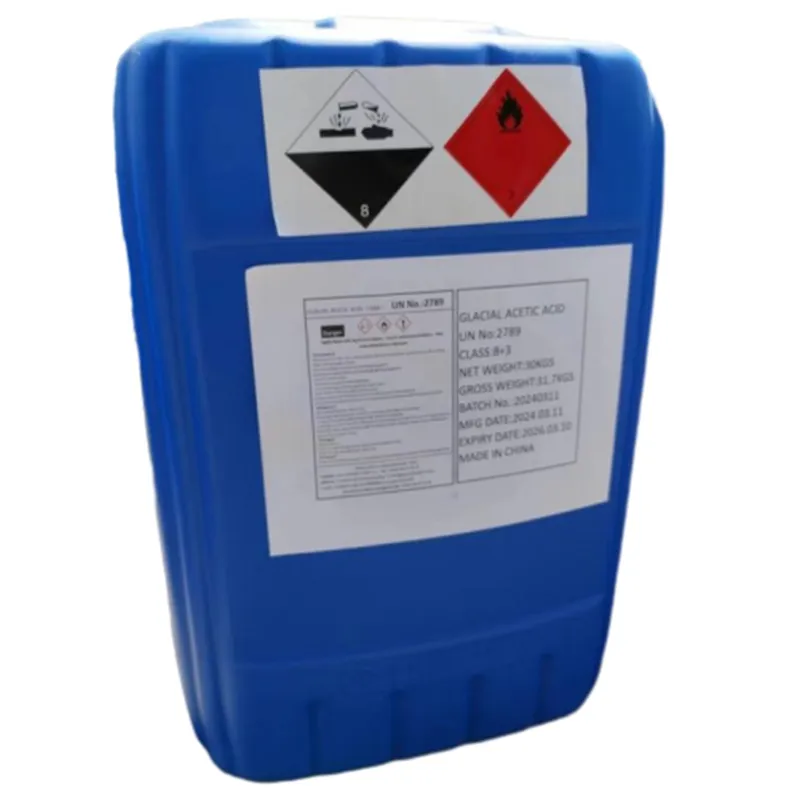
anti caking agents food additives
The Role of Anti-Caking Agents in Food Additives
In the realm of food production and processing, the quest for texture, quality, and longevity has led to the development and incorporation of various food additives. Among these additives, anti-caking agents play a crucial role in maintaining the desirable qualities of powdered and granulated food products. This article delves into what anti-caking agents are, their functions, common types, and their importance in the food industry.
Understanding Anti-Caking Agents
Anti-caking agents are substances added to powdered and granulated materials to prevent the clumping or agglomeration of particles. When moisture, pressure, or temperature changes occur, powdered substances, such as salt, sugar, spices, and flour, can turn into hard clumps, making them difficult to use. Anti-caking agents create a barrier between particles, allowing them to flow freely and maintain their original form, thereby enhancing the product's handling and storage properties.
Functions of Anti-Caking Agents
The primary function of anti-caking agents is to improve the flowability of powdery substances. This is particularly vital in both commercial and home settings, as it ensures ease of use. By preventing clumping, these agents help maintain consistency in food products, an essential aspect for manufacturers who rely on uniformity for quality and customer satisfaction. Furthermore, they can help in extending the shelf life of food products by reducing the likelihood of moisture absorption that can lead to spoilage.
Common Types of Anti-Caking Agents
Several types of anti-caking agents are widely used in the food industry. Here are some of the most common
1. Silicates These are compounds derived from silica and are commonly used in products like powdered cheese and soup mixes. They effectively absorb moisture and prevent clumping.
2. Phosphates Used in products such as baking powder, phosphates not only act as leavening agents but also help in preventing caking.
anti caking agents food additives

3. Calcium Compounds Calcium carbonate and calcium silicate are commonly used for their effectiveness in moisture absorption and prevention of particle agglomeration.
4. Starches Modified food starches can also serve as anti-caking agents. They are particularly used in powdered foods due to their natural origin and functionality.
5. Sodium Bicarbonate More commonly known as baking soda, it is used in certain powdered food products to improve flow properties.
Importance in the Food Industry
The significance of anti-caking agents in the food industry cannot be overstated. For manufacturers, these additives are essential for ensuring efficient processing and packaging. Products that are free-flowing are easier to measure, mix, and dispense during production, leading to enhanced productivity and reduced waste. Moreover, anti-caking agents help maintain the quality and integrity of food products throughout their shelf life. For consumers, the presence of these agents means that the products they purchase are more user-friendly and easier to handle, ultimately improving their cooking and dining experiences.
Regulatory Considerations
While anti-caking agents are essential for many food products, they are subject to regulations to ensure consumer safety. Different countries have established specific guidelines regarding the types and amounts of anti-caking agents that can be used in food products. For example, in the United States, the Food and Drug Administration (FDA) regulates food additives, including anti-caking agents, ensuring that they are safe for consumption and properly labeled.
Conclusion
Anti-caking agents are integral to the food manufacturing process, enhancing product quality, consistency, and shelf life. Their ability to maintain the flowability of powdered substances allows for more efficient production and greater consumer satisfaction. As the food industry evolves and consumer preferences change, the role of these additives will likely continue to be pivotal in producing high-quality, convenient food products. Understanding the importance of anti-caking agents not only highlights their function in the food supply chain but also underscores the complexity and thoughtfulness that goes into producing the food we consume every day.
-
Pure Sodium Dichloroisocyanurate Dihydrate | Powerful DisinfectantNewsAug.29,2025
-
Industrial Chemicals: Quality & Purity for Every IndustryNewsAug.28,2025
-
Nitrile Rubber Honoring Strict Production StandardsNewsAug.22,2025
-
Aspartame Ingredients Honoring Food Safety ValuesNewsAug.22,2025
-
Fertilizer for Balanced Plant NutritionNewsAug.22,2025
-
Cyanide Gold Processing with High Purity AdditivesNewsAug.22,2025
-
Formic Acid in Textile Dyeing ApplicationsNewsAug.22,2025
Hebei Tenger Chemical Technology Co., Ltd. focuses on the chemical industry and is committed to the export service of chemical raw materials.
-

view more DiethanolisopropanolamineIn the ever-growing field of chemical solutions, diethanolisopropanolamine (DEIPA) stands out as a versatile and important compound. Due to its unique chemical structure and properties, DEIPA is of interest to various industries including construction, personal care, and agriculture. -

view more TriisopropanolamineTriisopropanolamine (TIPA) alkanol amine substance, is a kind of alcohol amine compound with amino and alcohol hydroxyl, and because of its molecules contains both amino and hydroxyl. -

view more Tetramethyl Thiuram DisulfideTetramethyl thiuram disulfide, also known as TMTD, is a white to light-yellow powder with a distinct sulfur-like odor. It is soluble in organic solvents such as benzene, acetone, and ethyl acetate, making it highly versatile for use in different formulations. TMTD is known for its excellent vulcanization acceleration properties, which makes it a key ingredient in the production of rubber products. Additionally, it acts as an effective fungicide and bactericide, making it valuable in agricultural applications. Its high purity and stability ensure consistent performance, making it a preferred choice for manufacturers across various industries.





